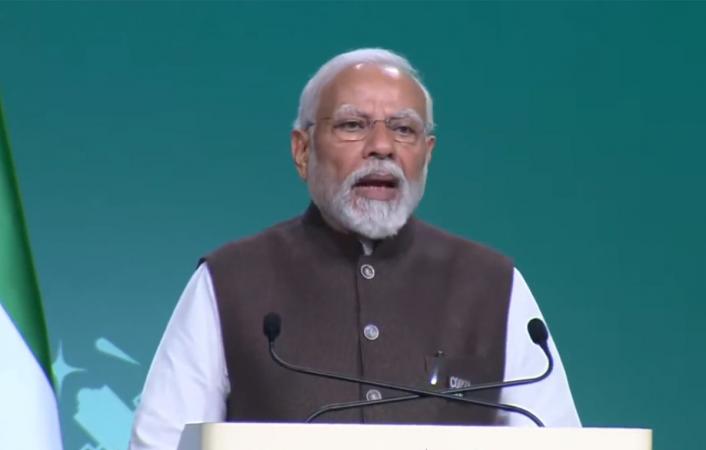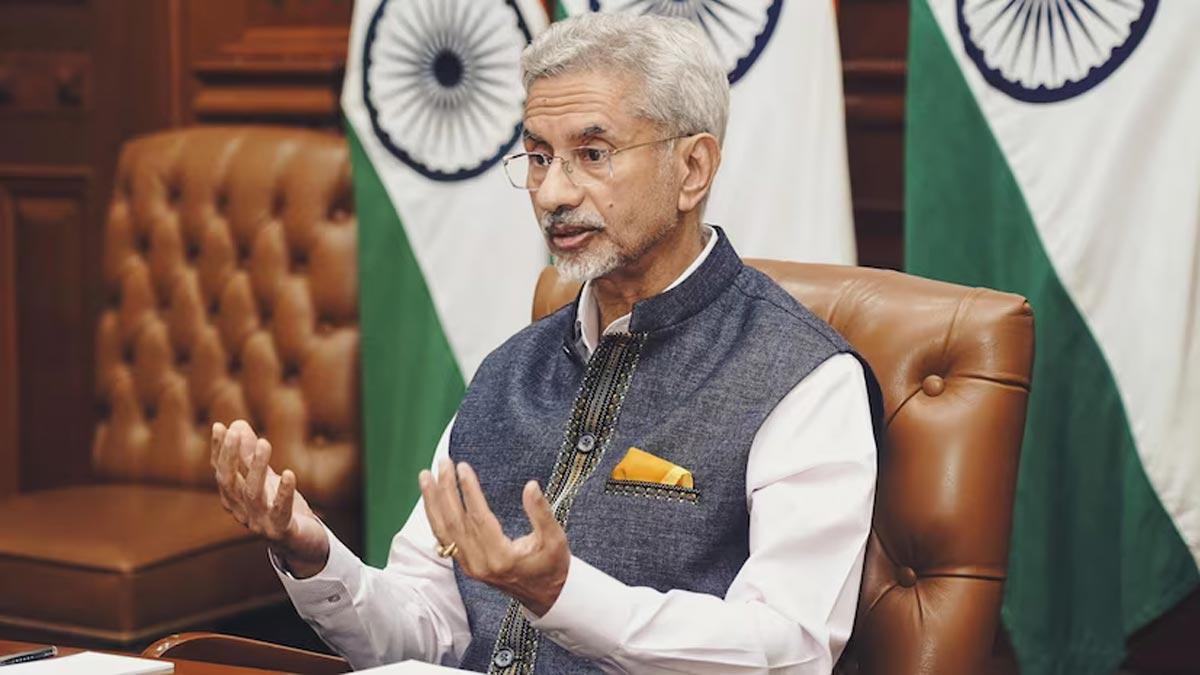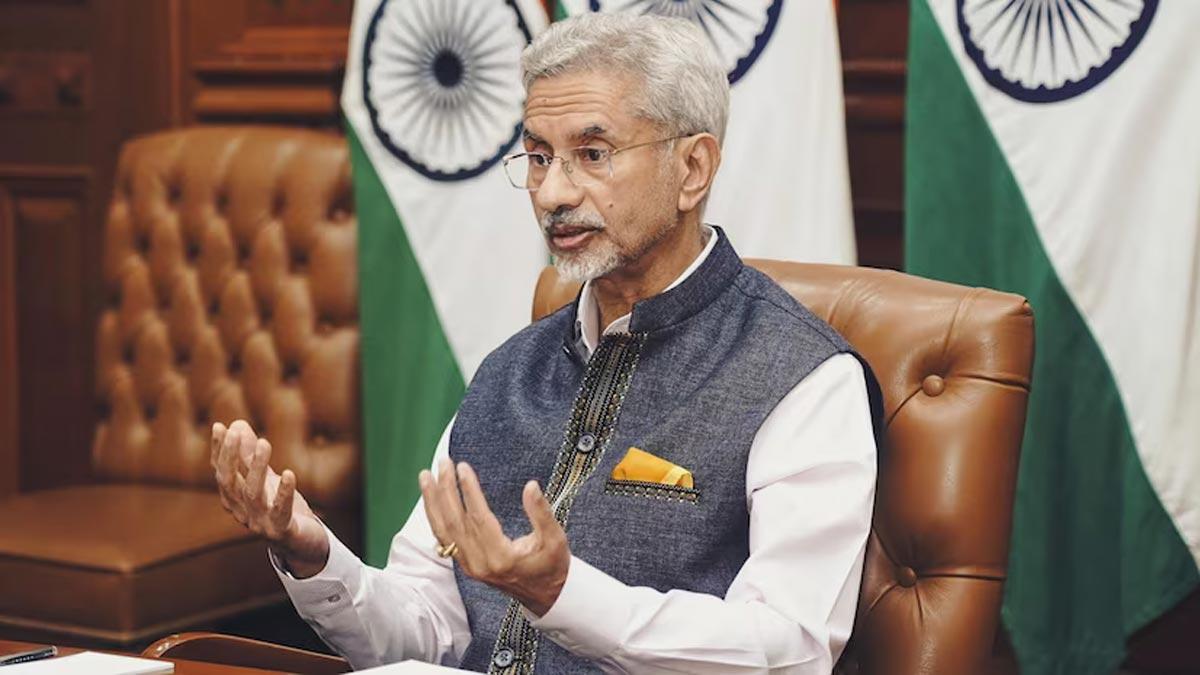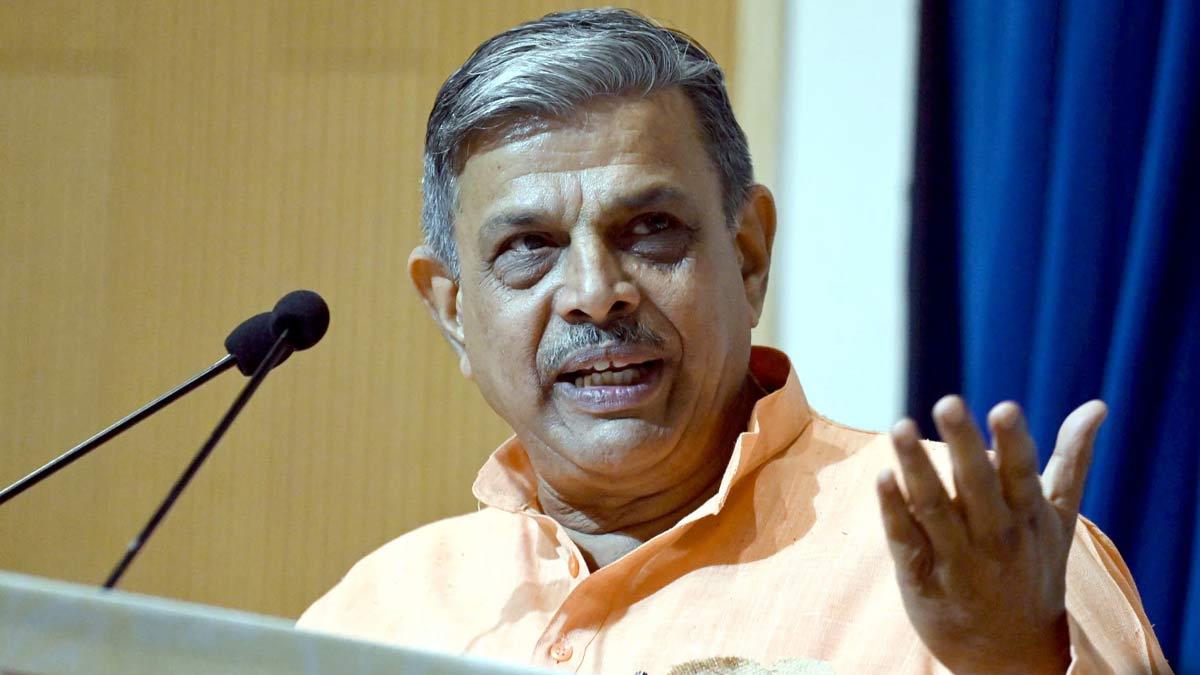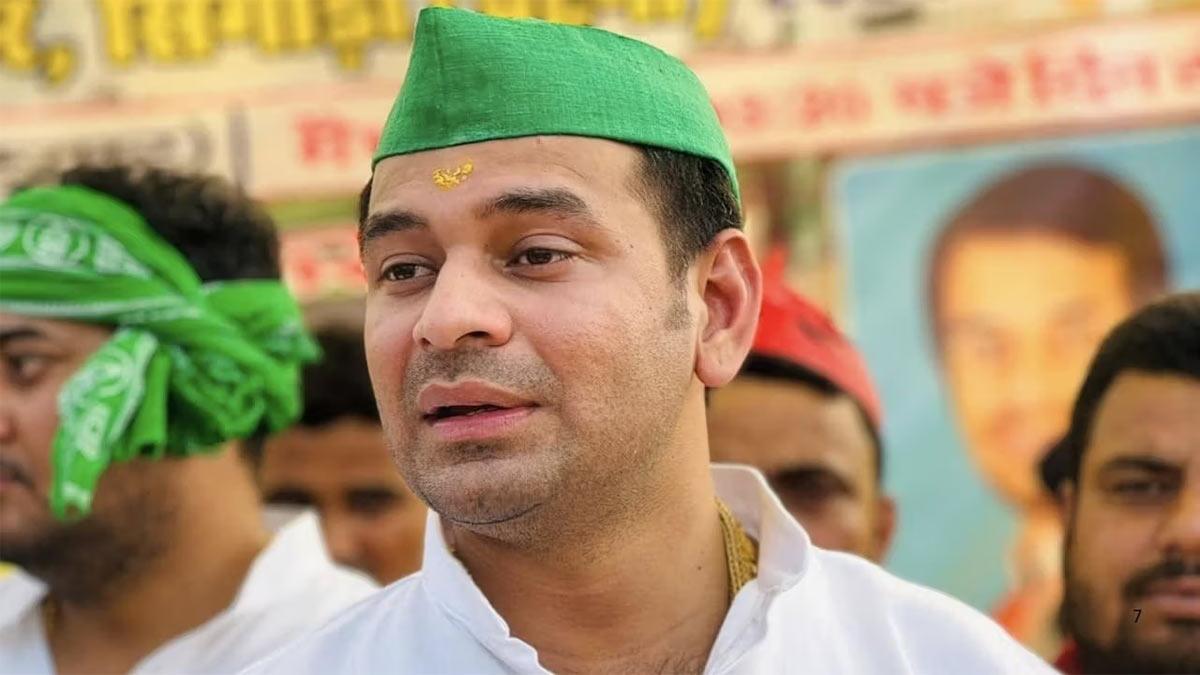Prime Minister Narendra Modi emphasized the imperative for equitable climate action, affirming India's achievement of emission intensity targets over a decade ago during his address at the United Nations Climate Change Conference (COP28) in Dubai.
Reiterating India's commitment, Modi outlined ambitious goals, aiming to reduce emissions intensity of GDP by 45% by 2030 while concurrently elevating the share of non-fossil fuels to 50%. He highlighted India's remarkable balance between ecology and economy, showcasing how despite hosting 17% of the global population, the country contributes less than 4% to global carbon emissions. Additionally, he emphasized India's significant progress towards meeting its Nationally Determined Contributions (NDC) targets, positioning the nation as an exemplar in climate action.
Firm in its commitment to the UN Framework for Climate Change, Modi announced India's proposition to host the COP33 summit in 2028, expressing a deep-seated dedication to furthering global climate efforts.
During the summit, Modi engaged with various global leaders, including UAE President Sheikh Mohammed bin Zayed Al Nahyan, UN Secretary-General Antonio Guterres, UK Foreign Secretary David Cameron, and former UK Prime Minister Tony Blair, acknowledging their dedication to sustainable development.
Furthermore, in an interaction with Ethiopia's Prime Minister Abiy Ahmed Ali, Modi underscored the enduring friendship between India and Ethiopia, underscoring their mutual cooperation.
COP28, presided over by the UAE with Minister Sultan Al Jaber as this year's President, stands as a critical juncture to catalyze climate commitments and avert the most severe impacts of the climate crisis. Despite global efforts, the current trajectory remains insufficient to limit the temperature rise to 1.5 degrees Celsius by the century's end, underscoring the urgent need for accelerated climate action and transition towards clean energy.
(With Agency Inputs)
ALSO READ | India Sets Up Panel to Probe Security Concerns Raised By US
ALSO READ | Chandigarh Borders Witness Commencement of Farmer Protest Resembling Delhi Stir

